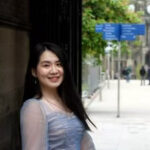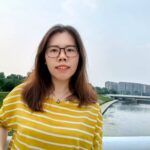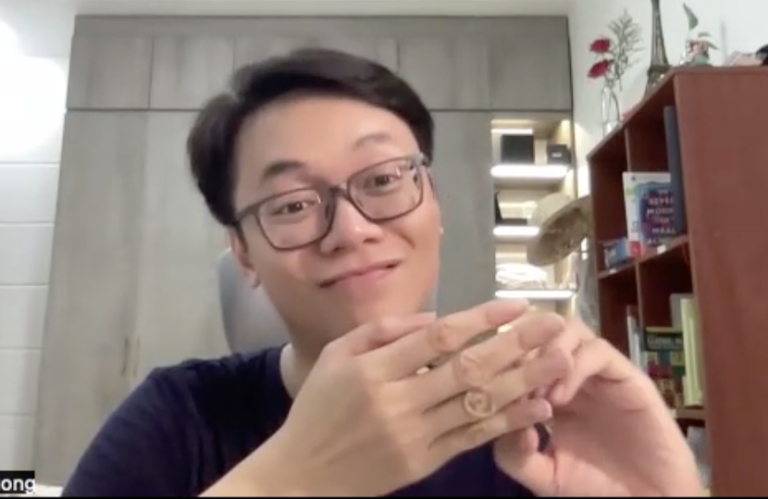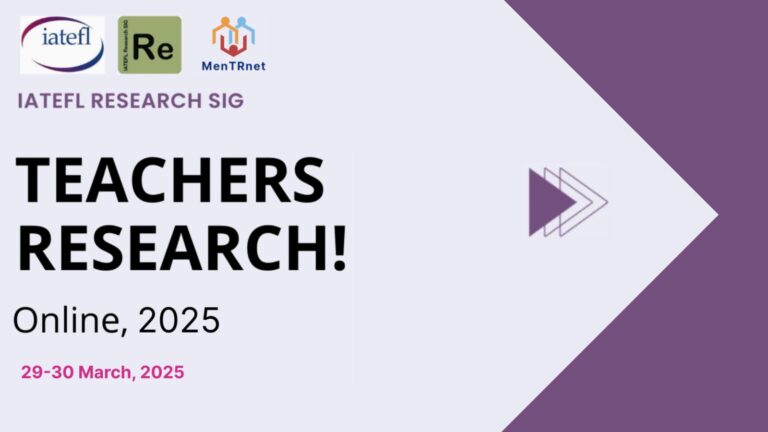
What does it mean to mentor or be mentored in teacher research? Over the past two years, we (Chang, a mentor, and Yanli, a mentee teacher-researcher) have learned that mentorship is not a one-way flow of knowledge. It is not just about one person giving advice and the other receiving it. Instead, it is a two-way exchange where both mentor and mentee learn, grow, reflect and discover together. It is a shared journey, rooted in curiosity, supported by reflection, and sustained by mutual trust.
Through three cycles of exploratory action research (EAR) (Smith & Rebolledo, 2018), and our participation in the Teachers Research! Online Conferences in 2024 and 2025, our mentoring relationship has grown deeper, more collaborative, and more transformative than we could have imagined at the start. It has become a space for the co-construction of knowledge, emotional support, and professional renewal.
From hesitation to action: how our journey began
Yanli: I still remember when this journey began in 2022, over a casual chat about my writing class. Chang was a friend of mine from university and we often used to talk online about teaching in general. I shared how frustrated I was; my students were disengaged, and their writing was not improving. That is when Chang suggested: “Why not try exploring this through teacher research?” I hesitated. I had never done classroom-based research before and imagined it would be time-consuming. I was also worried it would be too demanding.
Chang: I could see her uncertainty, but I also saw her commitment to her students. Rather than explaining theory, I simply asked: “What puzzles you in your classroom?” That small question opened the door. EAR does not start with answers. It starts with questions rooted in practice. Over time, I helped Yanli design a questionnaire, conduct semi-structured interviews, and identify an unexpected finding: her students were not struggling with grammar, as she had assumed, but with vocabulary. That shift, from assumption to insight, was the moment she began owning the teacher-research process.
Growing together through inquiry
Chang: For me, the most rewarding part was seeing how Yanli transformed from a hesitant practitioner to a reflective educator. In the second phase of her research, which explored students’ use of AI tools in writing, she no longer came to me asking “What should I do?” Instead, she came asking “What do you think of this design?” or “How can I better interpret these responses?” She was not seeking direction, she was seeking dialogue. This time, instead of asking for step-by-step guidance, she came with ideas, hypotheses, and ethical questions.
Yanli: By the second year, I felt much more confident, not because I had all the answers, but because I had developed the mindset to ask challenging and higher-order thinking questions and to engage in critical thinking. Chang always encouraged me to reflect, even when I did not know where the process would lead. That helped me shift from simply applying strategies, to understanding why and how they worked or did not. She gave me space to lead, but I always felt supported.
The Teachers Research! conference as a turning point
Chang: The Teachers Research! Online Conference was a space, not only for Yanli to share her work but for me to reflect on my own mentoring practice. At the 2025 conference, I watched her handle challenging questions with poise, explain her dual-track AI intervention with clarity, and engage with fellow teacher-researchers. It struck me that she had become a voice in the community. That is when I realized mentoring is not just about guiding growth, it is also about witnessing transformation.
Yanli: That moment was special for me too. Presenting at the conference, especially the second time, helped me recognize how far I had come. But I also knew that I would not have reached that point without Chang’s mentoring. She never pushed me to perform. Instead, she encouraged me to reflect, refine, and take ownership. The conference gave me confidence, but her belief in me gave me the courage to speak. I have also learned that mentorship is not about being told what to do. It is about being listened to, being questioned, and being supported when you are unsure. Chang was a guide, a sounding board, and a co-learner. She celebrated small wins, listened when I felt stuck, and helped me reframe challenges without judgment. Looking back, I see how she supported not just my intellectual growth, but my wellbeing, always checking how I was managing stress, encouraging me to take breaks, and reminding me to value the process, not just the outcome. I never felt judged, only encouraged. That made all the difference.
Mentoring as shared inquiry and human connection
What we came to realise, both of us, mentor and mentee, is that mentoring in teacher research is not simply about guidance, nor just professional support. It is a human process. As Malderez (2024) notes, effective mentoring engages the “whole person”, recognizing emotional needs alongside cognitive growth. In our case, that meant listening as much as guiding, asking questions rather than offering answers, and building trust that allowed for vulnerability and risk-taking.. Over time, and especially through the experience of the Teachers Research! online conferences, our relationship developed from one-directional support to a dynamic space of co-learning.
Attending the conference functions as a mirror and a magnifier. For Chang, seeing Yanli confidently present her classroom-based research and express her views on ethical AI in education was a turning point. It showed the importance of sharing teacher-research through conferences and how impactful that dissemination can be. As Chang reflects now, “I was not just witnessing her growth. I was also reckoning with my own learning. Her questions pushed me to revisit assumptions I held. Her resilience and curiosity reminded me why mentoring matters.”
For Yanli, the mentoring support created a safe, encouraging space where risk-taking was possible. As she reflects, “Chang did not give me answers. She gave me questions that made me think deeper, look closer, and believe I could lead my own learning.” Our conversations became more dialogic, less hierarchical. We both began to embrace uncertainty as a site of growth.
The conference reminded us that teacher research is not only about data or findings. It is about relationships, between teachers and learners, between mentors and mentees, and between researchers and their evolving selves. And when such inquiry is supported by caring, responsive, and reflective mentoring, it becomes transformative for both people in the relationship.
Our journey through EAR and teacher research conferences has taught us that mentoring is not a fixed role. It is a living relationship. It grows through dialogue, deepens through shared challenges, and flourishes in spaces of trust and reflection.
Malderez, A. (2024). Mentoring teachers: supporting learning, wellbeing and retention. Routledge
Smith, R., & Rebolledo, P. (2018). A handbook for Exploratory Action Research. British Council.




